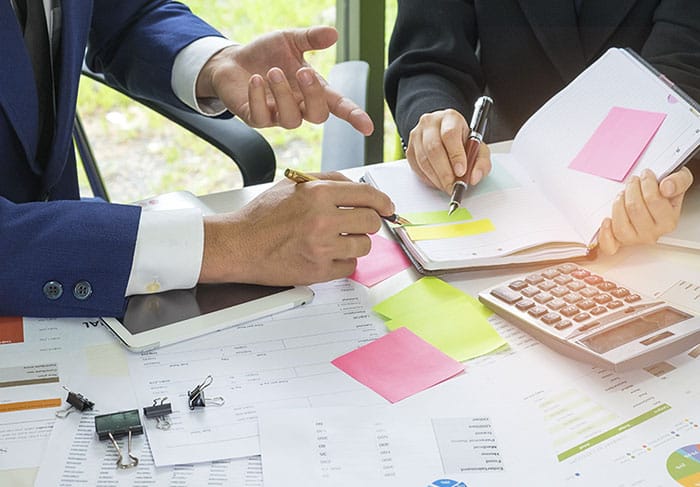VAT Return Services
VAT stands for Value Added tax, and the companies that have registered for VAT with HMRC are liable to pay VAT. The condition to register for VAT is based on threshold set by the HMRC.
If your taxable income exceeds £85,000 in thirty days period, then it is compulsory for you to register for VAT. You can also register voluntarily if you are sure that your income in the next 30 days period will exceed £85,000.
The VAT return can be based on monthly, quarterly, or annual schedule. VAT includes the input which is the sales and output which is expenditure. The comparison of input and output value is the VAT that is payable.
Calculating VAT is also a complex process which should be left to the VAT return accountants to avoid any sort of mistake. It is not only compulsory to register for VAT return depending on your income, but it also depends on certain services and goods that you provide and depends on where you are sending these goods and services.



VAT returns includes the following:
- Total value of your sales and purchases
- The VAT you owe or
- The VAT you can claim back from HMRC
You can avail rate schemes by HMRC such as:
Flat Rate Scheme: You must pay a fixed rate to HMRC. You can also determine the difference on the charges to your customer and what you are paying HMRC. You cannot reclaim VAT except for a few capital assets over £2,000.
Margin Rate Scheme: You can choose it while selling one of the following
- While selling second-hand goods
- Art
- Antique
- Collector’s items
Apportionment Scheme: It can be used while buying goods for resale
Why VAT Return is important?
Evasion of VAT is considered a serious crime under section 72(1) of the VAT Act 1994. Additional penalties can be imposed under the Fraud Act 2006. If you have a business partnership, then one partner’s VAT evasion will lead to penalties on all the partners. Different types of cases can be made against you, which include organized crime of VAT fraud, money laundering, public office investigation, conspiracy, corruption, deception, and concealment of assets.
What do you need to include in your VAT return?
The VAT registered businesses need to make a VAT return for every VAT period. These periods are usually quarterly, but it can even be monthly to boost your cash flow. However, smaller business can make simple arrangements such as yearly VAT accounting schemes. In case of typical retail sales there is not a fixed VAT invoice and it is the date of supply which is considered the tax point.
Usually, the standard VAT rate is 20% however, the VAT return is estimated according to the goods and services which are as follows:
- 20% on most goods and services
- 5% on some items such as children’s toys and home energy
- 0% on children’s clothes and food items

